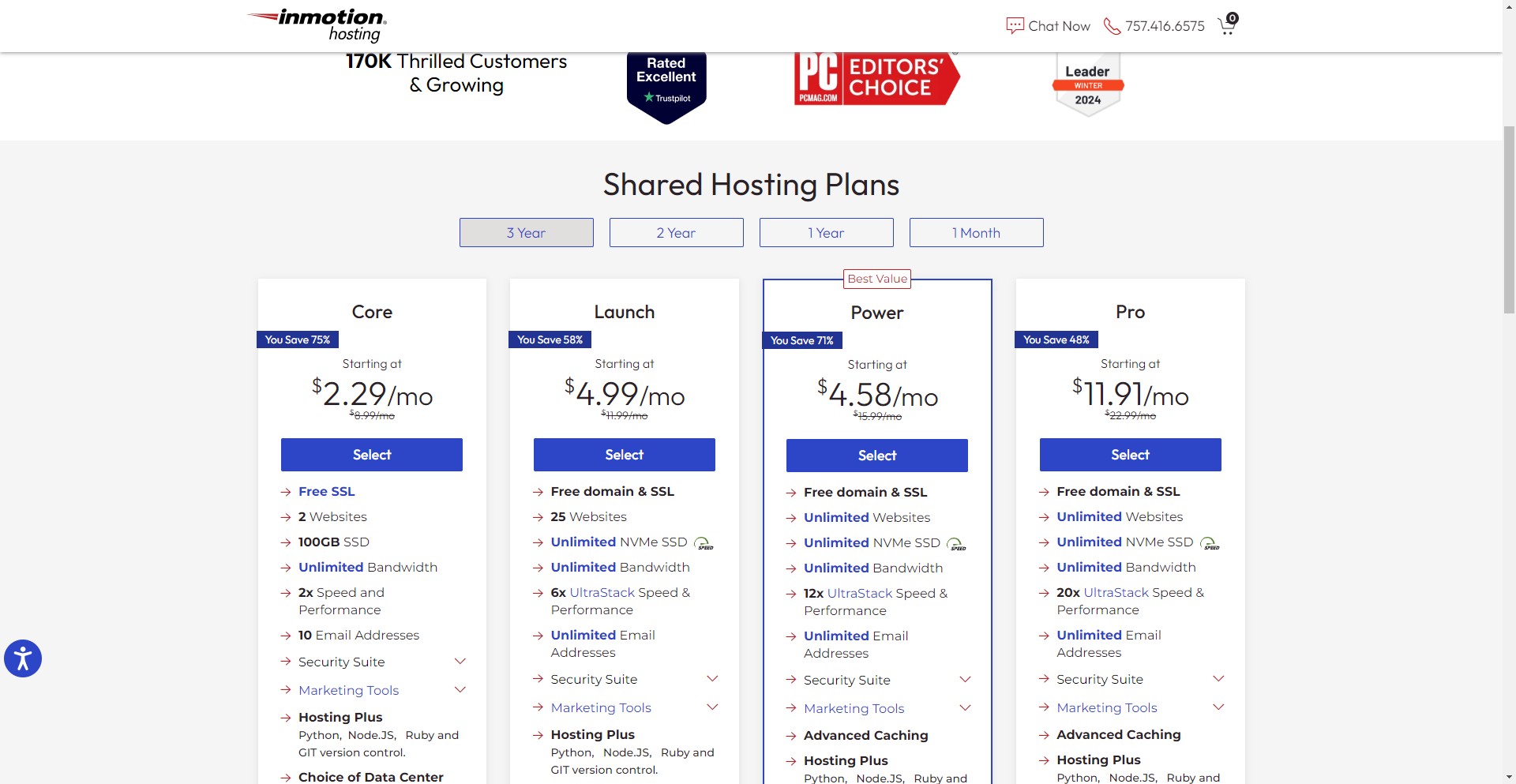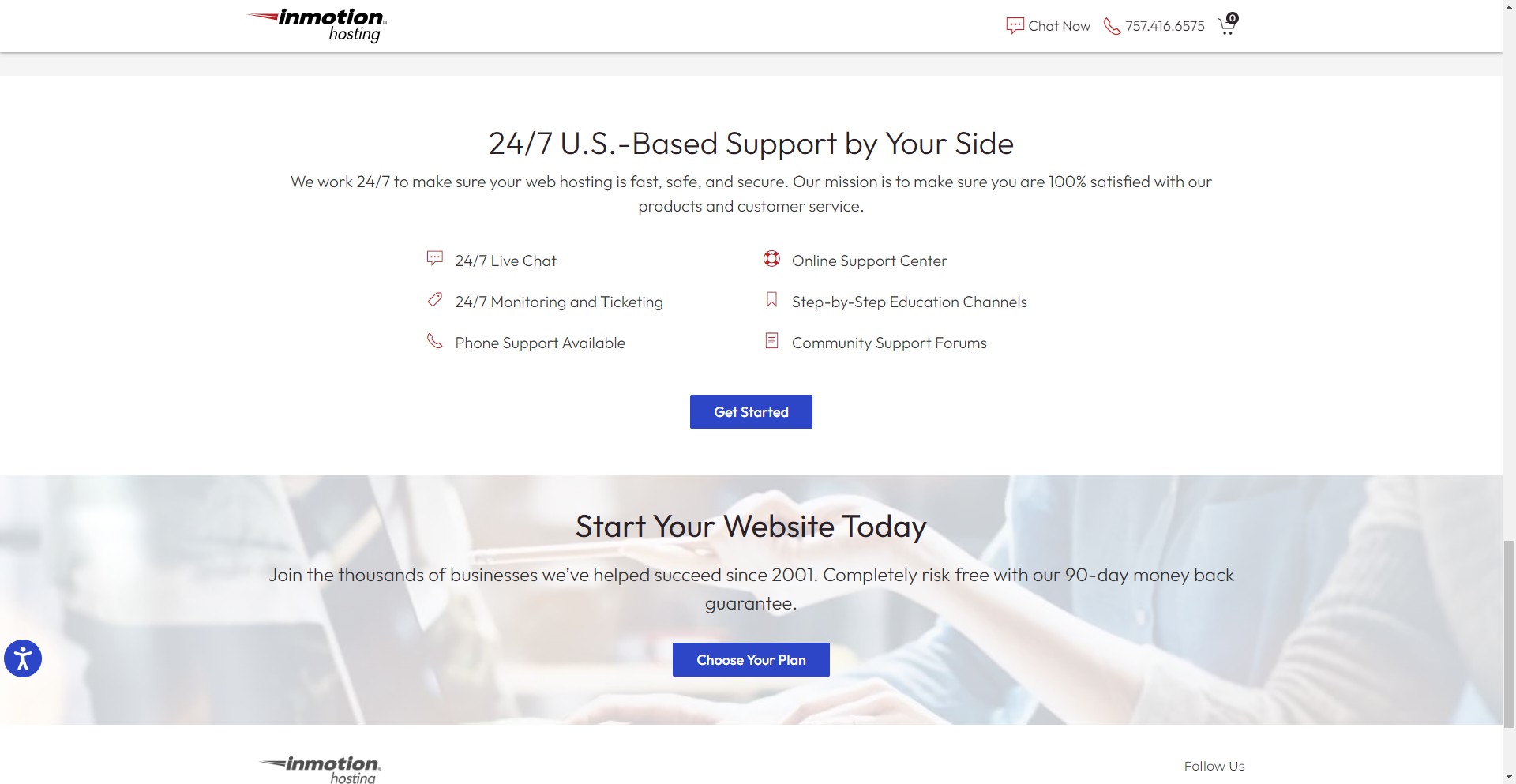Are you ready to take your website to the next level? Choosing the best web hosting provider is a crucial decision that can impact your site’s speed, reliability, and security. In this blog post, we will delve into the different types of web hosting services available – from shared hosting to dedicated server hosting. Let’s explore how each option can benefit your website and help you make an informed choice for optimal performance!
Types of Web Hosting Services
When it comes to web hosting services, there are several options to consider based on your website’s needs. Shared hosting is like renting a room in a house – you share resources with other websites on the same server. It’s cost-effective for small businesses and beginners but can lead to slower loading times during peak hours.
Virtual Private Server (VPS) hosting offers more control and resources compared to shared hosting. Think of it as having your own apartment in a building where you have dedicated space and flexibility to customize settings according to your requirements.
Dedicated server hosting is the VIP treatment of web hosting – you get an entire server exclusively for your website. This option provides maximum performance, security, and customization capabilities, ideal for high-traffic websites or e-commerce platforms that require top-notch speed and reliability.
A. Shared Hosting
When starting a website, shared hosting is often the go-to option for beginners. With shared hosting, multiple websites share resources on the same server. This makes it a cost-effective choice as the server maintenance costs are divided among users.
One of the key advantages of shared hosting is its affordability. Since resources are shared, it’s a budget-friendly option for those just starting out in the online space. Additionally, most web hosting providers offer easy-to-use control panels that simplify website management tasks.
However, one downside of shared hosting is that your site’s performance can be impacted by other sites on the same server. If another website experiences high traffic or technical issues, it could potentially slow down your site as well.
It’s important to consider your specific needs and goals when choosing a web hosting service. Shared hosting can be a great starting point for small websites or blogs with low to moderate traffic levels.
B. Virtual Private Server (VPS) Hosting
Virtual Private Server (VPS) hosting offers a middle-ground solution between shared hosting and dedicated server hosting. With VPS, you still share physical server space with other websites, but each website has its own dedicated resources allocated to it. This setup ensures better performance and more control over your hosting environment.
One of the key benefits of VPS hosting is scalability. You can easily upgrade or downgrade your resources based on your website’s needs without experiencing downtime. This flexibility allows you to adapt to changes in traffic volume seamlessly.
Moreover, VPS hosting provides enhanced security compared to shared hosting. Since each virtual server operates independently, your website is isolated from others on the same physical server, reducing the risk of security breaches.
If you are looking for a cost-effective solution that offers better performance and control than shared hosting while not requiring the full resources of a dedicated server, VPS hosting may be the ideal choice for your website.
C. Dedicated Server Hosting
Dedicated Server Hosting offers the highest level of performance, security, and control for your website. With a dedicated server, you have exclusive access to all resources, ensuring fast loading times and reliable uptime. While it may come at a higher cost than shared or VPS hosting, the benefits can outweigh the investment for websites with high traffic or sensitive data.
When choosing a web hosting provider, consider the importance of speed, reliability, and security. Each type of hosting service has its own advantages and limitations based on your specific needs. Whether you opt for Shared Hosting, VPS Hosting, or Dedicated Server Hosting will depend on factors like budget, traffic volume, and technical requirements.
Selecting a web hosting provider that prioritizes speed optimization techniques like SSD storage and content delivery networks (CDNs), guarantees reliable uptime through redundant servers and data centers worldwide ensures top-notch security features like SSL certificates and daily backups is crucial for maintaining a successful online presence.
Remember to research thoroughly before making your decision to ensure that your website performs optimally while keeping both user experience and cybersecurity in mind. Choose wisely today for a faster-loading site tomorrow!






